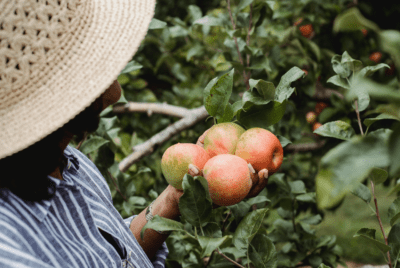RESEARCH
A Qualitative Study Comparing Mindfulness and Shinrin-Yoku (Forest Bathing): Practitioners’ Perspectives
Summary
This study explores two practices that help improve mental well-being: mindfulness and forest bathing. Mindfulness involves being aware of your thoughts and feelings in the present moment without judgment. It is often practiced indoors and can be challenging for some people, especially those with severe mental health issues. On the other hand, forest bathing is a practice where you immerse yourself in nature, using your senses to connect with the environment. This approach is considered more accessible and gentle, making it suitable for a wider range of people.
Both practices share some similarities, such as slowing down and engaging the senses, but they differ significantly in their approach. Mindfulness focuses on internal awareness, while forest bathing directs attention outward to nature. Forest bathing offers additional benefits like promoting physical and environmental well-being, and it can be adapted easily to different conditions. The study suggests that forest bathing might be a better option for those who struggle with mindfulness or need a more intuitive and gentle approach to improve their mental health.







